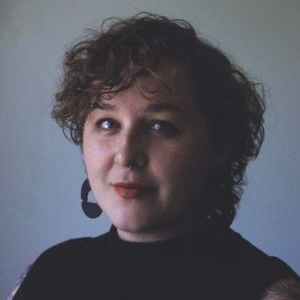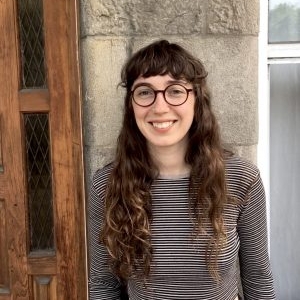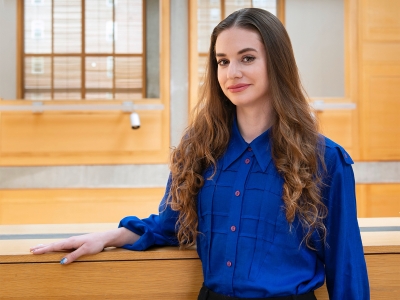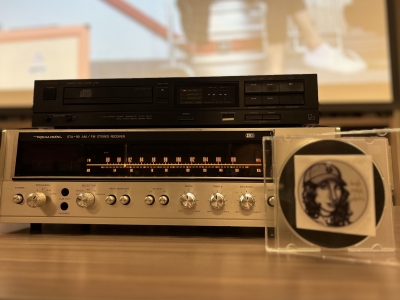Carleton’s journalism program is hosting a new project to change the way fact-checking is taught to journalism students.
Allison Baker and Viviane Fairbank have joined Carleton University as the 2021/2022 Journalists-In-Residence at the Future of Journalism Initiative (FJI), a research hub housed in the School of Journalism and Communication.
Baker and Fairbank will lead The Truth in Journalism Project, which aims to create a free and accessible curriculum for fact-checking education, hosted digitally by Carleton University. Their work is funded by the Michener-L. Richard O’Hagan Fellowship for Journalism Education and will be done in partnership with FJI and The Walrus.

Allison Baker
Baker and Fairbank have spent the past few years actively participating in conversations about fact-checking practices and ethics in the Canadian journalism industry. Baker is currently head of research at The Walrus, a position that Fairbank previously held from 2017 to 2019. And both have worked for several years as fact-checkers and educators, training the next generation of fact-checkers at postsecondary institutions and media organizations alike.
As a program officer at Historica Canada, Baker spearheaded fact-checking and translating for Historica’s Residential Schools podcast and video series as well as the organization’s Multiculturalism Education Campaign. Fairbank has written, edited, and fact-checked for a variety of magazines, and she has taught fact-checking to journalism students at Ryerson University, Carleton University, and the University of Toronto, where she gave a guest lecture on fact-checking stories of sexual assault for a course on “#MeToo and the Media.”

Viviane Fairbank
Baker and Fairbank say that over the course of their careers they have noticed important gaps in the industry—namely that fact-checking education is sparse and uncoordinated.
“When fact-checking is taught to early-career journalists, it is often based on antiquated standards,” says Baker. “Systemic misunderstandings about the role and possibilities of fact-checking in journalistic practice can lead to unwanted outcomes, worsening inaccuracy or exclusion instead of ameliorating the situation.”
Baker and Fairbank see fact-checking methodology as intertwined with broader journalistic issues, such as inclusion and bias. “A big part of the problem is the way we uphold a flawed ideal of ‘objectivity’ in reporting,” says Fairbank. “Often, a person’s background determines whether or not they’re considered a ‘reputable’ or ‘trustworthy’ source.” To this end, Baker says, fact-checking is not purely a method of verification; when done right, it can be a way to hold journalists to account by pushing them to question their default assumptions and methodologies and broaden the range of voices represented in their reporting.
During their time at Carleton, Baker and Fairbank plan to consult with experts from various domains and backgrounds about research methodologies and then use the results of their research to establish fact-checking guidelines for journalists, academics, and the public. They hope that their work will help to advance the conversation in Canadian media about accuracy and objectivity in reporting and establish greater transparency for the public about media practices. They will also present the results of their research as part of a conference about truth and objectivity in journalism, which will be hosted at Carleton University next summer.
Both Baker and Fairbank are looking forward to their appointments and will be collaborating with professor Brett Popplewell and Carleton journalism students on this partnership.
Thursday, October 7, 2021 in General, Journalism News
Share: Twitter, Facebook



